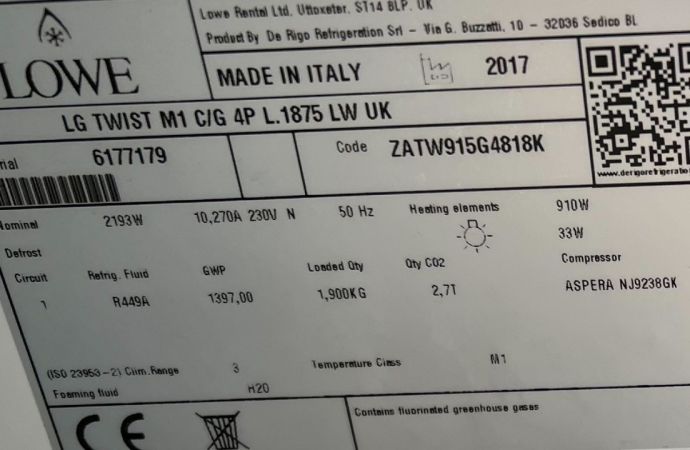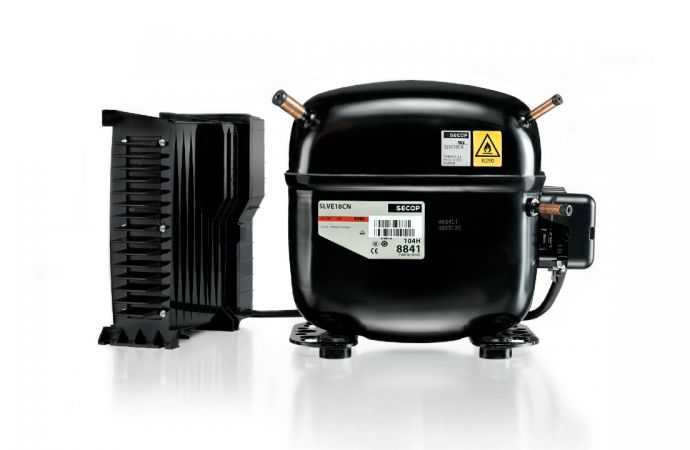Colombia, Argentina and UNIDO talked about their pilot projects employing CO2 and hydrocarbons at ATMOsphere Ibérica 2017.
_1509976276.png)
The Ministry of the Environment of Colombia, Argentinian engineering consultancy Estudio Maranca and UNIDO outlined pilot projects based on natural refrigerants in Latin America during ATMOsphere Ibérica 2017, held in Madrid on 24 October.
Andrés Celave, international projects manager at the United Nations Industrial Development Organization (UNIDO), highlighted the role that UNIDO is playing in supporting Latin American countries in their journey towards more inclusive and sustainable industrial development.
UNIDO actions within the framework of the Montreal Protocol include national HCFC phase-out plans in 17 Latin American countries, and pilot projects in Argentina, Mexico, Chile, and Brazil, among others.
Beneficiaries of these initiatives in the refrigeration sector include suppliers of refrigeration and air-conditioning systems, technical service providers, end users and public institutions.
We are looking forward for partners to bring efficient and sustainable solutions to Latin America.”
– Andrés Celave, UNIDO
Andrés Celave of UNIDO spoke about the work his organization is doing in Chile. The fruit and vegetable sector is very important in Chile, and companies are looking for solutions that increase energy efficiency and are environmentally friendly.
Argentina has a variety of climate conditions. While there is only one CO2 subcritical installation in the country, at a Walmart Caseros store, CO2 transcritical systems are becoming more popular. “Today there are six transcritical CO2 systems running and a few more projects in the pipeline, including the first system in a warm climate zone,” said Agustín Maranca of Estudio Maranca.
Supermarkets working with CO2 include SAIEP, Walmart and Carrefour. Vital Pilar, a wholesaler, and Alvear Santa Fe Supermarkets will open CO2 stores soon.
Colombia is also putting in place some pilot projects using hydrocarbons and CO2 as refrigerants.
With regard to propane (R290), the Ministry of the Environment is partnering with supplier Thermotar on a pilot project to manufacture R290-based air conditioning units. Under this project, Thermotar is making prototype condensing units, air handling units and package/rooftop units, all using propane.
The project, now in its second phase, comprises four parts:
- Reconversion of the existing air conditioner (AC) manufacturing line;
- Design, production and testing of AC prototypes with hydrocarbons;
- Training for installers and maintenance technicians, and;
- Dissemination of lessons learned.
Strict safety measures have been put in place, especially in the stages of the project with the greatest risk: refrigerant charge, leak testing and evacuation of the refrigerant. Also, an international expert on hydrocarbons has been supporting the local team since the beginning.
Edwin Dickson, a consultant at the Ozone Technical Unit in Colombia, said, “results on designing prototypes for hydrocarbons are satisfactory. Simulations and field tests have shown the safe use of R290 as an alternative with very low GWP".
Take this video tour of Thermotar’s facility in Barranquilla, Colombia (video in Spanish):
Related stories



